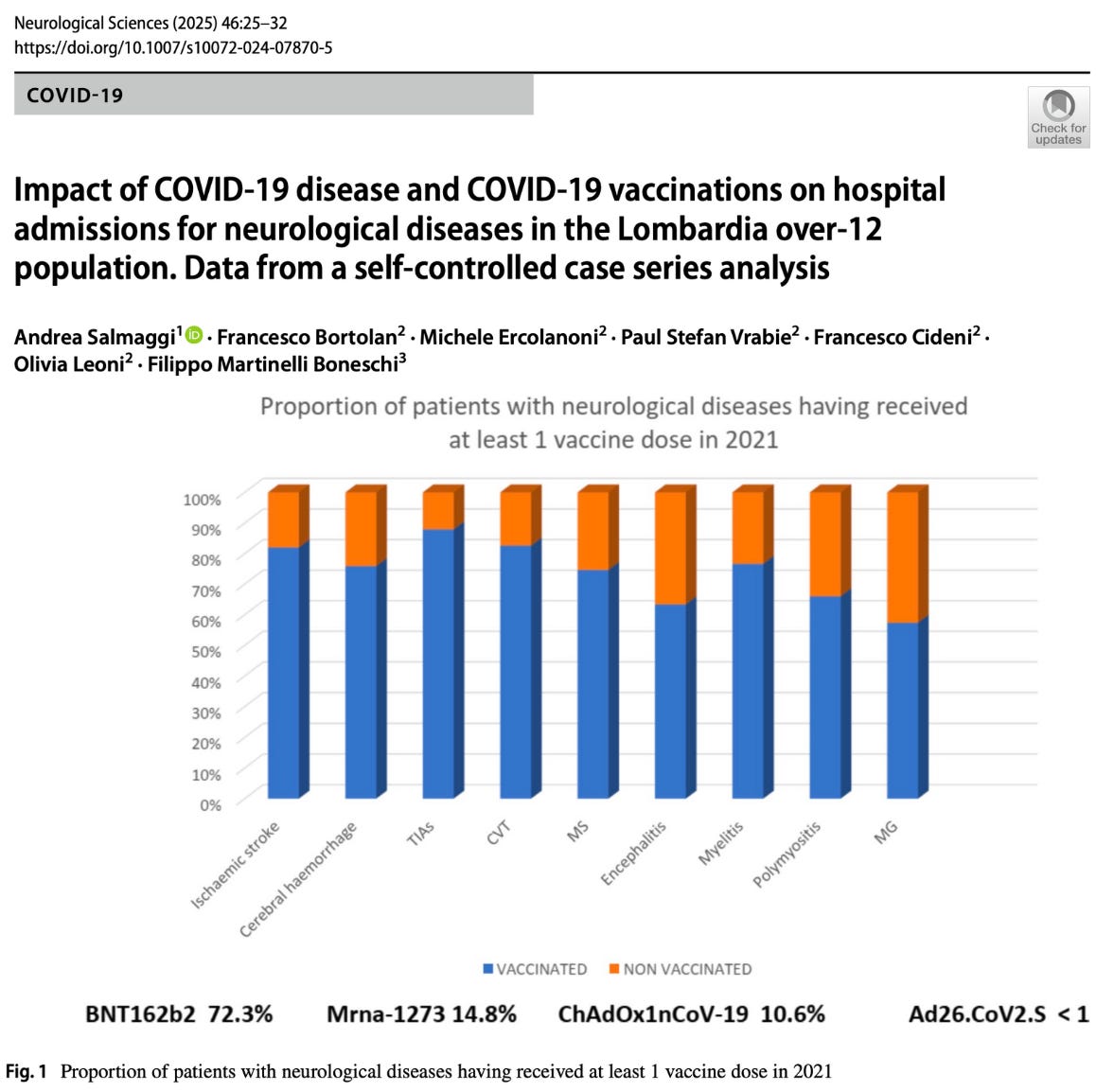The recent revelations surrounding DNA contamination in COVID-19 vaccines demand our critical attention, challenging the credibility of regulatory oversight and raising significant public health concerns.
Out of the mouths of babes as it were…
A very interesting study published in the "Journal of High School Science" uncovers residual DNA levels in Pfizer's mRNA COVID-19 vaccines that exceed safety limits by a shocking 6 to 470 times. This study, undertaken at the FDA’s own laboratory, marks a pivotal moment in the ongoing discourse around vaccine safety, as it contradicts years of regulatory dismissals and exposes a potential 'smoking gun' regarding the manufacturing processes of these vaccines.
The study, spearheaded by high school researchers under FDA supervision, utilized advanced methods like Qubit Analysis to detect DNA contamination. These findings align with previous reports from independent labs across the globe, indicating systemic issues with vaccine batches and calling into question the integrity of regulatory bodies like the FDA, which until now remained silent on these matters[2].
The situation takes a concerning turn when considering the statement from epidemiologist Nicolas Hulscher, who urged the immediate recall of these genetic injections to prevent further public harm. Such voices bring into focus the need for greater accountability among health regulators who have continuously downplayed the risks associated with plasmid DNA contamination. The potential consequences of such contaminants include insertional mutagenesis, posing a threat of DNA mutations that might lead to cancer, as elucidated by experts from our own friend, Kevin McKernan.
Meanwhile, the study on the impact of COVID-19 vaccinations on neurological diseases in the Lombardia region adds another layer of complexity. Published in "Neurological Sciences," this research found that while COVID-19 infections conferred higher risks of certain neurological disorders compared to vaccinations, the vaccines were still linked with increased incidences of ischemic stroke, cerebral hemorrhage, TIAs, and myelitis.
Furthermore, the discourse extends into the domain of psychiatric health, as illustrated by studies from researchers in South Korea. They highlight alarming increases in the risks of Alzheimer's disease, cognitive impairment, depression, anxiety, and sleep disorders among vaccinated populations.
The need for precipitous regulatory action becomes imperative; as echoed by voices like Dr. Nikolai Petrovsky, without a paradigm shift towards stringent oversight and transparency, skepticism will only deepen. Highlighting the irony in student researchers uncovering these grave findings provokes a reevaluation of the very structures intended to safeguard public health. The FDA’s anticipated response to these revelations will not only influence vaccine policy but also the broader trust in scientific and governmental institutions.
This intersection of scientific inquiry and public health policy poses a quintessential challenge: balancing the promise of technological advancements against the imperative of rigorous safety standards. As the discourse evolves, it is crucial for stakeholders to engage with these complex findings, ensuring that science remains transparent, accountable, and ultimately, a tool for public benefit.
In closing, the path forward demands more than just scientific rigor—it calls for a commitment to ethical transparency and a reinvigoration of trust between health authorities and the public they serve. As history has shown, silence in the face of potential harm is no longer an option; tangible, trust-building actions must follow these revelations.





There are NO safety limits for vaccines and mRNA poisons.